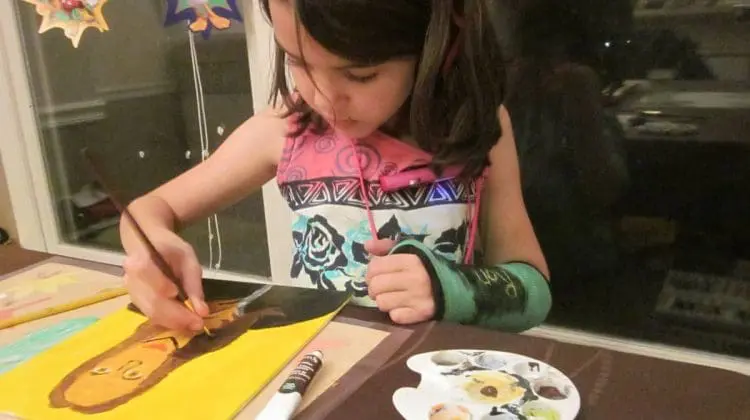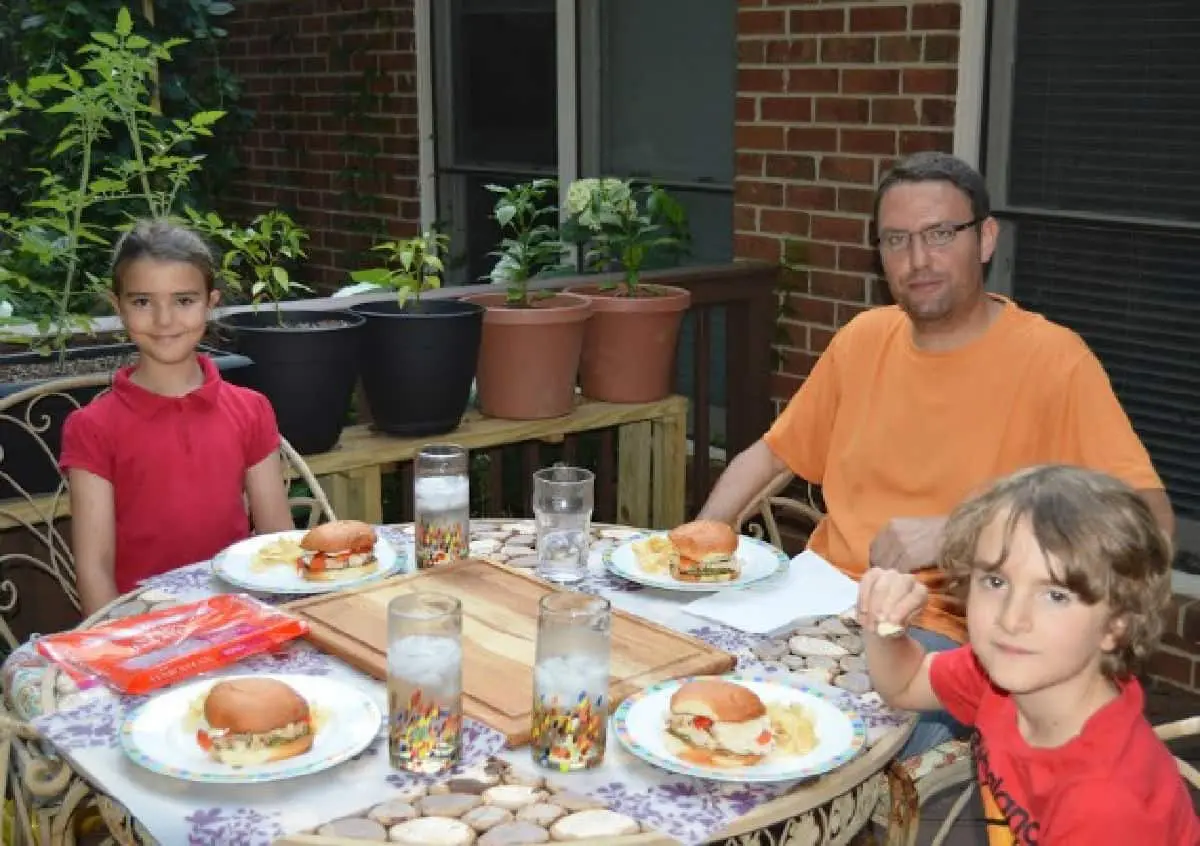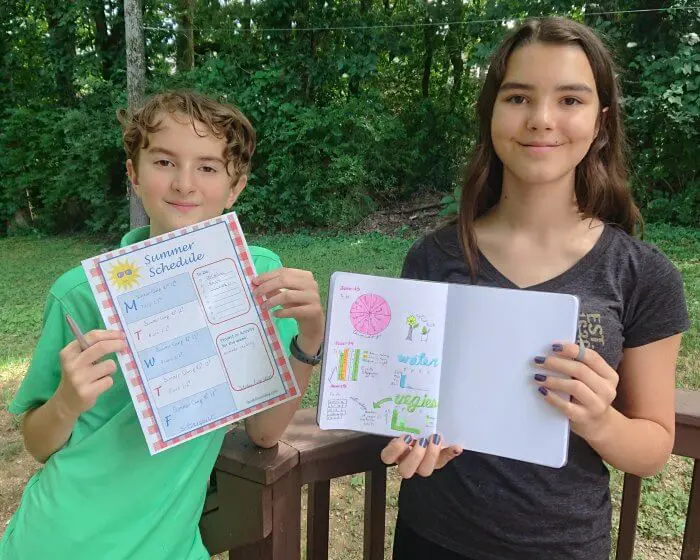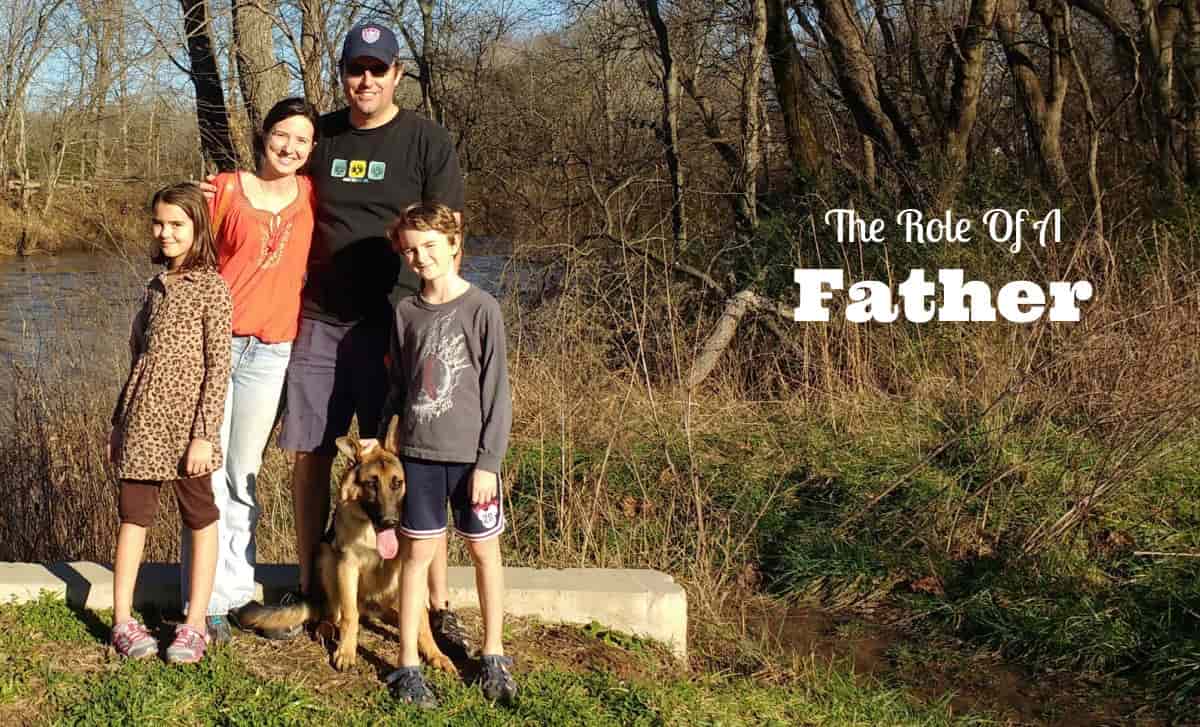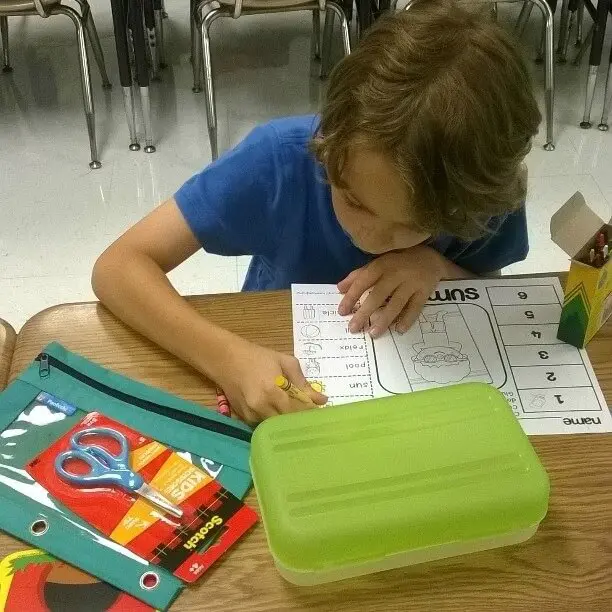Whatever your children want to do in life, good communication skills can help them be mores successful! Be it as large scale as pursuing a certain career, or something smaller like explaining a need for assistance, they will need to express themselves in an appropriate and effective manner. In this article, we will discuss the basic […]
Parenting
Effective parenting tips for toddlers to teens. Information to help you develop good parenting skills. Best parenting tips from a variety of experts on topics such as single parenting tips, attachment parenting, parenting styles, and discipline.
Basic Etiquette For Table Manners
When I was growing up, eating dinner was a very different affair to how it is today. No elbows on the table, a napkin on the lap, and excusing myself every time I needed to leave the table were all required table manners etiquette. A lot has changed since then. These days, modern table manners […]
How Behavior Support Strategies Transform Family Dynamics
Family life isn’t always smooth sailing. Some days feel like a whirlwind of frustration, miscommunication, and emotional overload, especially when challenging behaviors start to feel like battles. And it’s not just you. In 2023, nearly one in three parents rated their daily stress at the highest levels, compared to only 20% of adults without children. […]
Summer Camp Packing List [Printable Checklist]
Summer is almost here and for us there are just two short weeks until school is out. Some of my favorite memories of my summers as a youth were being a camp counselor for an overnight camp in our community. Now my children and nieces and nephews make fond memories at that same summer camp! When […]
Summer Schedule For Kids [Free Printable]
The warm days of summer certainly encourage us to relax with family and friends and that should be what summer is all about! While you and the kids transition to a less structure filled days, it can still be helpful have a daily schedule so everyone knows what to expect. Whether you are keeping track […]
A Look At The Role Of A Father
The roles of the father in the family have been changing a lot over the last century. Fathers are no longer just the breadwinners while mothers are just the caregivers. The role of the modern dad has shifted and changed. It is time to acknowledge the caring moments of fatherhood that often go overlooked. It is […]
Understanding What Motivates Your Child
Are you wondering, “What motivates a child to learn?” One of the most important aspects of nurturing a life-long learner is extending learning beyond the classroom. There is no question that the skills students learn in school are important for both academic and social growth. But, learning goes beyond the classroom as well and children […]

